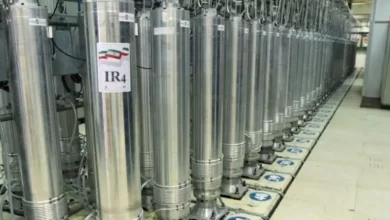China aims to influence Indonesians through its ‘think tank diplomacy’

Cooperation between Chinese and Indonesian research institutions is becoming a significant factor in helping Beijing’s “soft power” enhance its image.
It is significant to highlight that Indonesians have a rising mistrust of China due to its assertiveness in the South China Sea, its treatment of Uyghurs in the western Chinese region of Xinjiang, and its expanding activity there.
Windows Users Can Now Remove Ads (Do It Now)

Through the Network of ASEAN-China Think Tanks (NACT), which has 10 Southeast Asian think tanks among its members, China primarily interacts with Indonesian think tanks. The idea of NACT was first initiated in 2013 by Chinese Premier Li Keqiang to promote the China-ASEAN strategic partnership.
Regular meetings and seminars are held by the NACT with its ASEAN-based member think tanks to discuss the status of China-funded projects and to suggest potential future areas of cooperation.
According to researchers, the think tank has received financing from the Chinese government for staff participation, courses, and workshops. They think that with this, China aims to expand its educational, media, and Islamic diplomacy in Indonesia through sponsoring and coordinating events at Indonesian think tanks.
An Indonesian think tank that regularly collaborates with Chinese counterparts includes The Habibie Centre, the Centre for Chinese Studies, and the Centre for Strategic and International Studies, in addition to the ASEAN Studies Centre (CSIS).
China has also collaborated with the Foreign Policy Community of Indonesia (FPIC) and the Chinese embassy in Jakarta to host various Chinese events.
However, in Beijing’s opinion, these think tanks can be regarded as a crucial platform to influence Indonesians’ opinions and narratives.
(With inputs from agencies)







